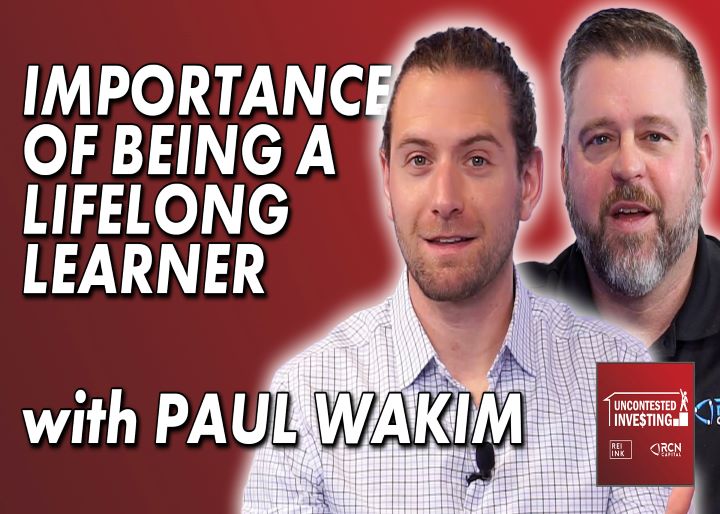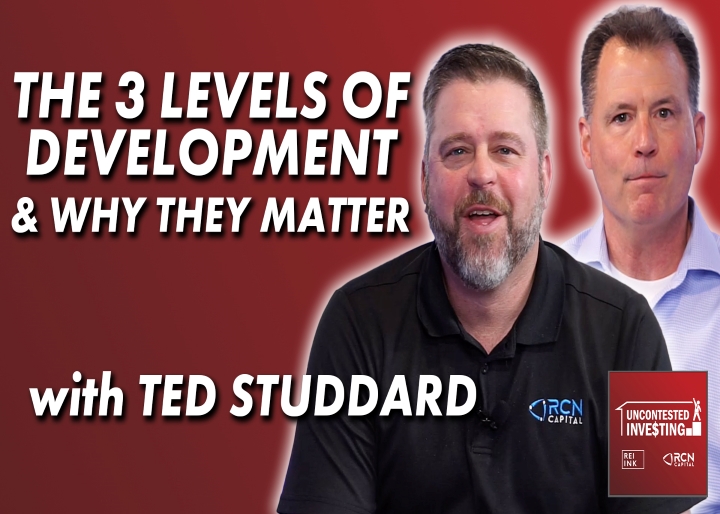Finding the Perfect Solution for a Particular Segment
Dallas Tanner is an experienced investor and property manager who started with Treehouse Communities and now heads Invitation Homes. Discover the importance of location, product segment, and capital structure when investing in residential real estate, as well as the shifting demographic effect on homeownership and the rise of build-to-rent communities with tailored amenities. Learn about the challenges faced by millennials in finding affordable housing and the increasing desire for choice
Read More












